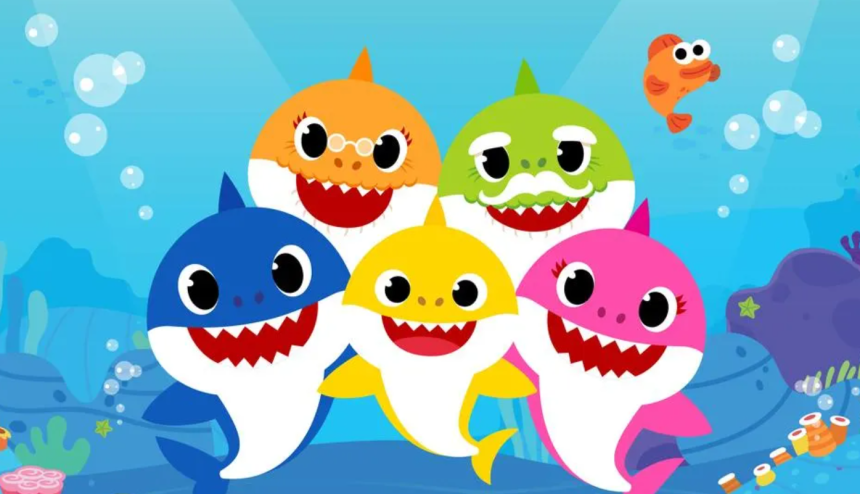Supreme Court Ends Six-Year Legal Battle
In a final legal resolution of a six-year copyright dispute, South Korea’s Supreme Court has dismissed claims that the viral children’s hit Baby Shark plagiarised an earlier version. The decision upholds previous rulings that found no copyright infringement by Pinkfong, the company behind the 2015 rendition of the now-global phenomenon.
Folk Tune in the Public Domain: The Crux of the Case
The lawsuit stemmed from a 2019 claim by U.S. composer Jonathan Wright, known as Johnny Only, who alleged that his 2011 version of Baby Shark had been used without permission. However, the courts determined that both his rendition and Pinkfong’s are based on a traditional folk song that has circulated in public spaces—such as summer camps and playgrounds—for decades. Because Wright’s version lacked sufficient creative alteration, it could not be protected by copyright.
Key Legal Rationale: Originality Matters
The Supreme Court reiterated a foundational principle: for derivative works to be copyrightable, they must include substantial modifications to the pre-existing material. Wright’s version did not meet that threshold, while Pinkfong’s adaptation was viewed as sufficiently different. The ruling reaffirmed that minor tweaks to folk melodies are not enough to claim exclusive rights.
Reaction from the Parties Involved
Pinkfong hailed the ruling, stating that the decision confirmed the version was a “traditional singalong chant” from the public domain, creatively transformed by their team into a mainstream pop culture icon.
Wright’s attorney expressed mild disappointment, acknowledging the case’s conclusion. “It’s our work that came out first… I guess we then each go our separate ways,” he said.
Cultural Impact of the Ruling
Pinkfong’s Baby Shark has become an international juggernaut—with the “Baby Shark Dance” video alone amassing over 16 billion views on YouTube. The success of the song has sparked a sprawling franchise: TV shows, apps, musicals, and merchandising—generating significant revenue for the company, including 45.1 billion won (~$32.6 million) in the first half of 2025 alone.
Broader Implications for Copyright Law
This ruling has widespread implications for derivative works and folk material. It reinforces the standard that public domain melodies remain free from overly broad ownership, nudging creators to invest in truly transformative updates—to meet legal standards for originality.











